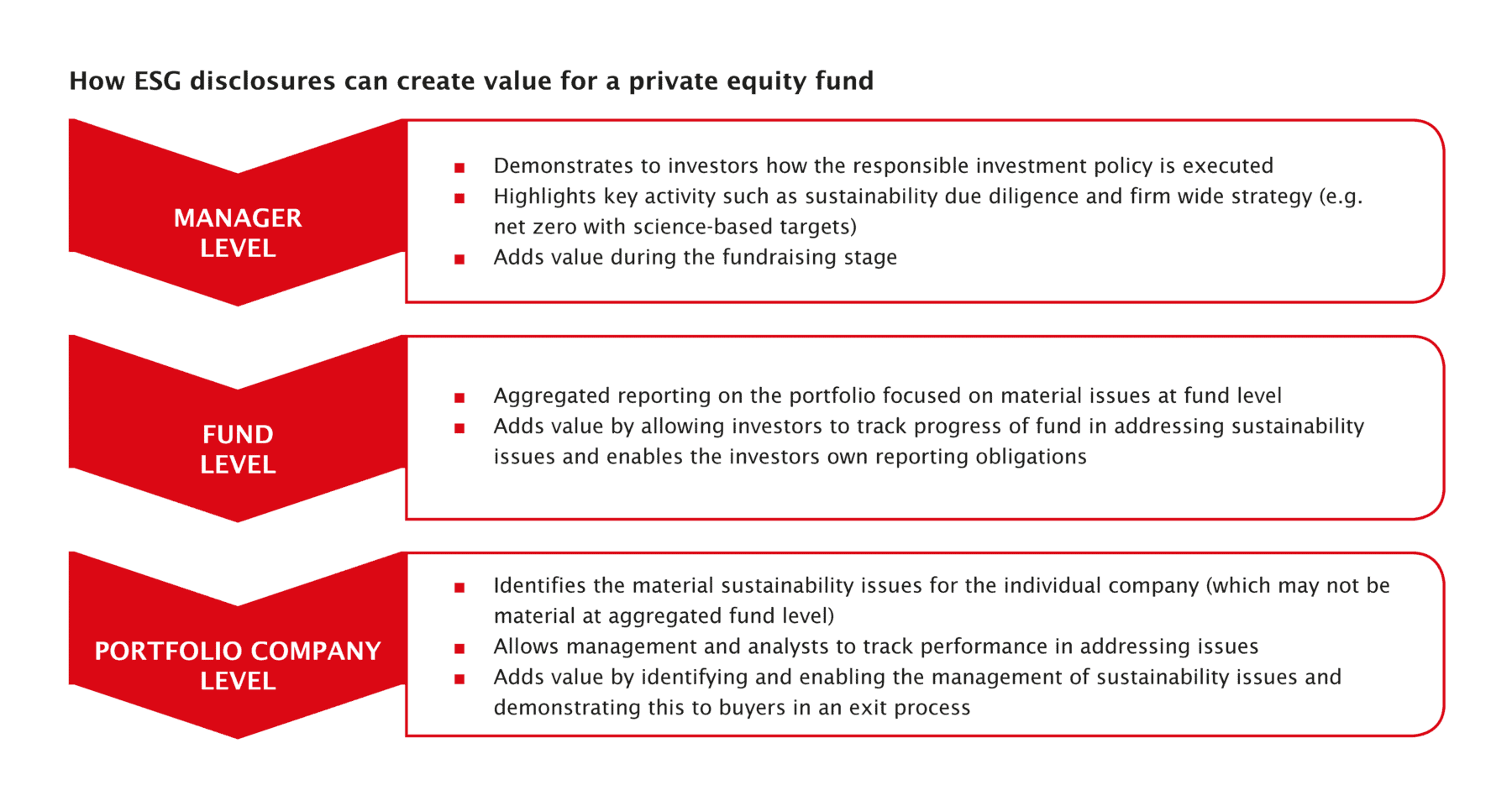However emergent standards are complex and largely unfamiliar, heralding a new era for accountants and business advisors who are a conduit for disclosures themselves and an educational resource for clients. The accountant’s role is therefore critical in helping to navigate and comply with these reporting requirements.
ADVANCES IN INTERNATIONAL ESG REPORTING STANDARDS
So far, ESG reporting requirements have been developed largely by private organisations and foundations who have pushed the ESG agenda forwards over the years. This has led to many different standards emerging across industry. Unfortunately, such fragmentation and lack of consistency has detracted from comparability and understandability, factors which are of key importance to stakeholders’ ability to analyse differences and make informed decision-making. This has limited the effectiveness of ESG disclosures to date.
To address these concerns, it is helpful that most recently we are seeing the emergence of international standards, as major standards-setters push for higher quality, transparent, reliable and comparable reporting on ESG matters.
Developments which are of most relevance to the local industry include:
- During 2021, the Internal Financial Reporting Standards (IFRS) foundation established the International Sustainability Standards Board (ISSB), which has also consolidated two leading investor-focused sustainability disclosure organisations: the Climate Disclosure Standards Board and the Value Reporting Foundation, which houses the Integrated Reporting Framework and the Sustainability Accounting Standards Board (SASB) standards. As the ISSB is backed by the pre-eminent international accounting standards body, this is a genuine stepchange. The ISSB has already issued two standards for consultation and the intention is for the board to deliver a comprehensive global baseline of sustainability-related disclosure standards that provide investors and other capital market participants with information about companies’ sustainability-related risks and opportunities to help them make informed decisions. Also of note, the IFRS foundation is overseen by the International Organisation of Securities Commissions (IOSCO), which brings an element of global regulatory oversight of these international standards.
- In the UK, the Financial Conduct Authority (FCA) introduced in December 2020 disclosure requirements for listed companies and regulated asset managers with over £5 billion assets under management (including their funds domiciled elsewhere) which aligned with the recommendations of the Financial Stability Board’s Task force on Climate-related Financial Disclosure (TCFD). TCFD is the climate focus standard, which is more or less aligned to the UK’s net-zero target by 2050.Building upon these existing requirements, in November 2021, a discussion paper was issued on Sustainability Disclosure Requirements (UK SDR). UK SDR will require investment funds to make disclosures on a broad range of sustainability metrics.
- In parallel, the European Financial Reporting Advisory Group (EFRAG) has been directed by the European Commission to develop its own new sustainability standards. Reporting standards are being issued this year by the EU under the Corporate Sustainability Reporting Directive (expected to capture c.50,000 corporates). These will enable investment funds to meet their reporting obligations under the Sustainable Finance Disclosures Regulation.
- Alongside the change in standard setters, a key development of the moment is the rollout of mandatory reporting requirements across the economy.
A SOMEWHAT MISSED OPPORTUNITY
Taking a high-level view, because there will be standards in issue by the ISSB and EFRAG, some of the problems from the lack of full convergence are still going to remain. To take one
example, we are going to see different approaches from the ISSB and EFRAG, particularly in respect of materiality.
The ISSB, coming from its SASB background, is very much focused on what is financially material to investors coming into the company. EFRAG is more closely aligned with the Global Reporting Initiative (GRI), which is currently the world’s most used set of ESG standards and they take a more holistic view of materiality. Nonetheless these developments – and in particular the creation of the ISSB – are a huge step forward. In reducing the number of standard-setters from around 10 down to two, they will simplify the landscape of standards. It is just a missed opportunity as regrettably we are still not going to end up with just one standard-setter and one definitive set of standards.
THE REGULATOR’S VIEWPOINT
At a basic level, a core responsibility of a regulator is to build confidence in the capital markets and standard setters are there to facilitate that through ensuring that financial and nonfinancial reporting is based on trustworthy information.

From an ESG perspective, this trust can be eroded through ‘greenwashing’, which is a risk attracting particular regulatory focus.
Greenwashing is no longer just about missing or incomplete or erroneous reporting of information. Governments and organisations have made wide-ranging net-zero pledges, often with very short timelines. Putting a pledge into action is a lot more difficult than making it in the first place and there is a lot of scepticism in the market around how the necessary changes can be achieved.
Regulators need to be aware that net-zero pledges that are not backed up by substance, with a cohesive strategy on how organisations will adapt and achieve those pledges, are going to hit confidence in the markets.
CONCLUSION
The climate is one of the defining issues of the moment and is only going to grow in importance as the pace of change becomes ever more urgent over the coming years. Effective ESG reporting is absolutely critical towards ensuring that businesses live up to their ethical and environmental pledges and present reliable information that helps stakeholders make relevant, informed decisions that align to their environmental and ethical values.
As with many major developments in reporting and governance, I believe that input of accountants and advisers with the right skill set is critical to helping organisations understand the implications of – and seek assurance on – their ESG reporting requirements. Businesses can also benefit from advice regarding their strategy to meet their climate pledges.
The need for concrete action is absolutely clear.

